Philips Launches New Image-Guided Therapy System with Enhanced 2D and 3D Imaging
|
By MedImaging International staff writers Posted on 28 Feb 2024 |
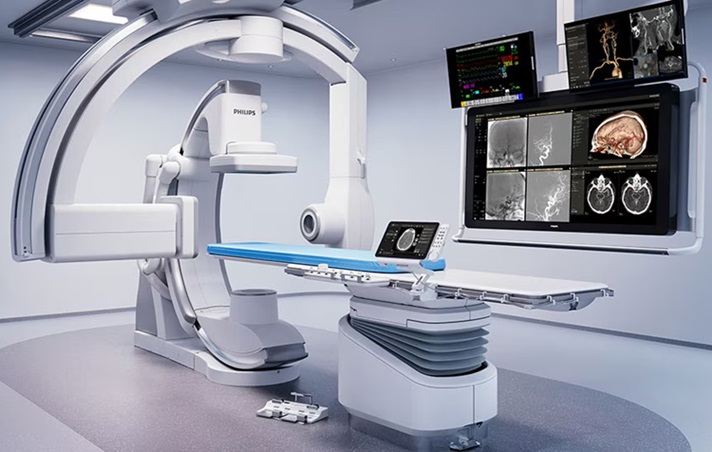
Philips Healthcare (Amsterdam, Noord-Holland) is introducing major enhancements to its Image Guided Therapy System – Azurion – with the launch of its new Azurion neuro biplane system at the European Congress of Radiology (ECR) annual meeting in Vienna. Designed to streamline neurovascular procedures and help care teams make the right decisions faster, treat more patients, and achieve better outcomes, the new interventional system features enhanced 2D and 3D imaging and X-ray detector positioning flexibility. As healthcare providers strive to deliver high-quality care to patients, at ECR 2024 Philips is partnering with its customers to improve productivity and access to more sustainable healthcare.
By allowing neuro interventionists to treat more patients, more efficiently, with potentially better outcomes, the new Philips Azurion neuro biplane system enhances both the staff and patient experience and contributes to lower cost of care. Philips’ Azurion neuro biplane image-guided therapy system is designed to smooth and optimize procedure workflows where a combination of 2D and 3D imaging is needed for confident diagnosis and precision treatment. Used with the company’s latest Neuro Suite software and services, it provides neuro interventionists with a fully integrated solution that combines Philips’ world-class ClarityIQ low dose imaging with a range of neuro dedicated tools and value-added services that offer unprecedented levels of efficiency, flexibility, and control. New features in the Azurion neuro biplane system include enhanced C-arm rotation, angulation (imaging angles), and parking facilities that allow rapid transitioning between 2D to 3D imaging, comprehensive table-side control that eliminates the need to leave the sterile field, automatic beam rotation to obtain correctly oriented images for every angulation and rotation, and a new head immobilizer to support enhanced stroke care.
At ECR 2024, Philips is also introducing its latest differentiating, AI-enabled innovations to improve patient care. By leveraging AI, these new technologies can help healthcare professionals make more accurate diagnoses, streamline workflows, and ultimately improve patient outcomes. ECR attendees can experience how Philips’ innovative platforms and game-changing software enable healthcare providers to focus on what matters most – caring for patients. Philips is also spotlighting innovations across CT, MR, Diagnostic X-ray, Ultrasound, Image Guided Therapy, and Enterprise Informatics, designed to offer outstanding image quality and increase speed and productivity to provide healthcare professionals with the tools they need to deliver exceptional care. The first BlueSeal MR mobile unit developed in Europe for Denmark-based Agito Medical Imaging is also making its debut at ECR 2024. MRI scanners equipped with Philips’ BlueSeal magnet technology have saved more than 1.9 million liters of helium since 2018. The extension of this breakthrough technology in a mobile unit means Philips will be able to expand quality access to MRI exams for more patients in more places across Europe, in a more sustainable way with helium-free operations.
“At this year’s ECR, the focus is ‘Next Generation Radiology’ where innovation will be on all our minds. Significant improvements and advances in speed and precision enabled by AI will be demonstrated by health tech leaders like Philips, all in the service of improving patient care,” said Prof. Carlo Catalano, President of ESR and ECR.
“At ECR 2024, we’ll demonstrate how our AI-enabled solutions can help radiologists address some their most pressing challenges, including cost of care, staff shortages, and improving patient outcomes, while at the same time reducing environmental impact,” added Atul Gupta, MD, Chief Medical Officer in Precision Diagnosis and Image Guided Therapy at Philips, and a diagnostic and interventional radiologist.
Related Links:
Philips Healthcare
Latest ECR 2024 News
- Vieworks Unveils Cutting-Edge X-ray Imaging Solutions
- Hologic Unveils Groundbreaking AI Research for Breast Cancer Detection
- GE HealthCare Launches Elevated LOGIQ Ultrasound System Portfolio
- Mindray Presents Future of Radiology at ECR 2024
- Siemens Introduces First 1.5 Tesla MRI Platform with Virtually Helium-Free Technology
- AGFA HealthCare Shows How Enterprise Imaging Enables ‘Next-Generation Radiology’
- Canon Medical Exhibits Mobile CT Unit with Advanced Features and Capabilities
- Fujifilm Presents New AI-Powered MRI System
- ECR 2024 Showcases Cutting-Edge Radiology Solutions Transforming Healthcare
Channels
Radiography
view channel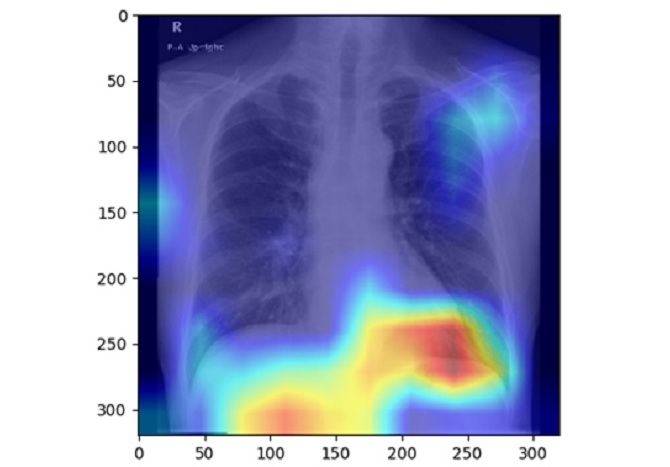
AI Detects Fatty Liver Disease from Chest X-Rays
Fatty liver disease, which results from excess fat accumulation in the liver, is believed to impact approximately one in four individuals globally. If not addressed in time, it can progress to severe conditions... Read more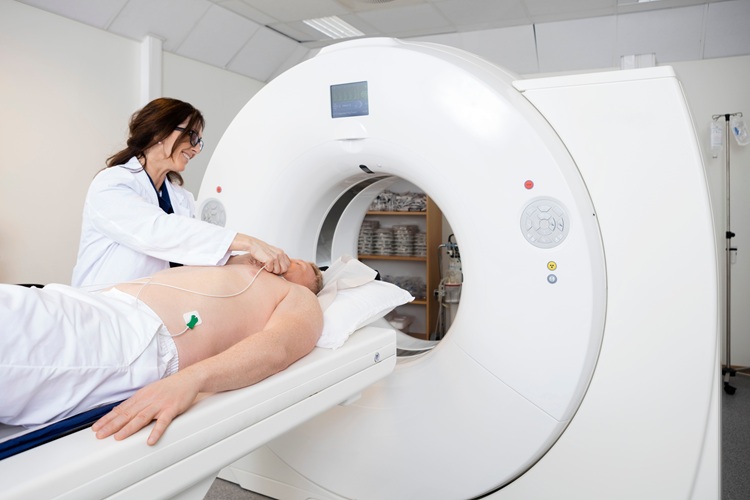
AI Detects Hidden Heart Disease in Existing CT Chest Scans
Coronary artery calcium (CAC) is a major indicator of cardiovascular risk, but its assessment typically requires a specialized “gated” CT scan that synchronizes with the heartbeat. In contrast, most chest... Read moreMRI
view channel
New MRI Technique Reveals Hidden Heart Issues
Traditional exercise stress tests conducted within an MRI machine require patients to lie flat, a position that artificially improves heart function by increasing stroke volume due to gravity-driven blood... Read more
Shorter MRI Exam Effectively Detects Cancer in Dense Breasts
Women with extremely dense breasts face a higher risk of missed breast cancer diagnoses, as dense glandular and fibrous tissue can obscure tumors on mammograms. While breast MRI is recommended for supplemental... Read moreUltrasound
view channel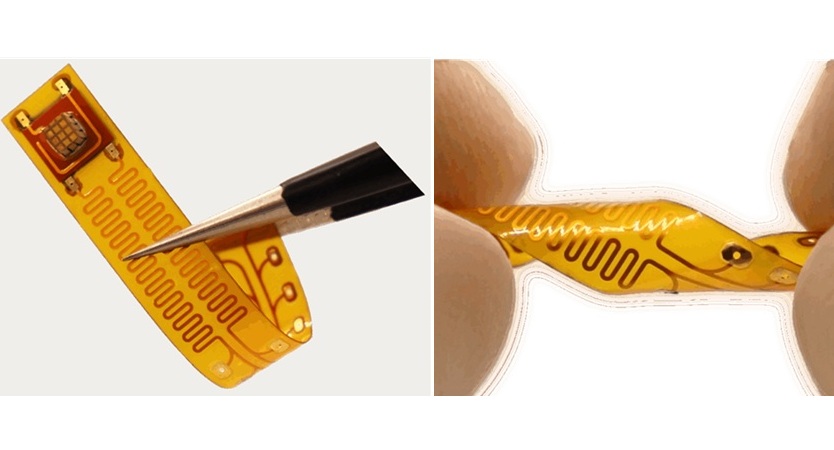
Wireless Chronic Pain Management Device to Reduce Need for Painkillers and Surgery
Chronic pain affects millions of people globally, often leading to long-term disability and dependence on opioid medications, which carry significant risks of side effects and addiction.... Read more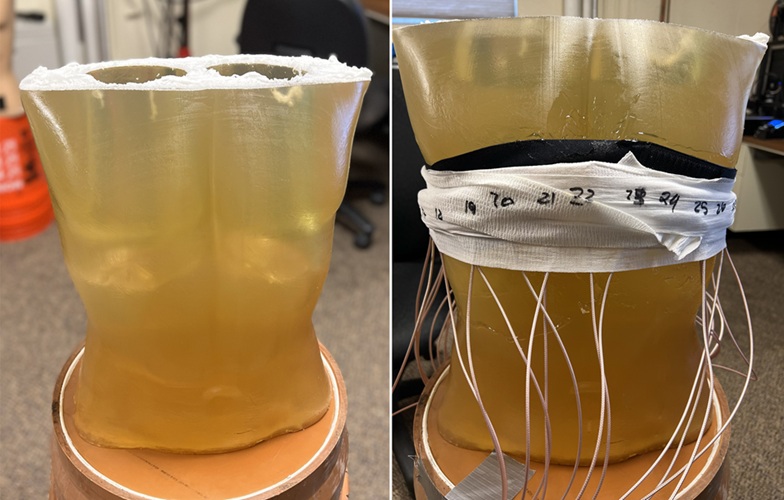
New Medical Ultrasound Imaging Technique Enables ICU Bedside Monitoring
Ultrasound computed tomography (USCT) presents a safer alternative to imaging techniques like X-ray computed tomography (commonly known as CT or “CAT” scans) because it does not produce ionizing radiation.... Read moreNuclear Medicine
view channel
Novel Bacteria-Specific PET Imaging Approach Detects Hard-To-Diagnose Lung Infections
Mycobacteroides abscessus is a rapidly growing mycobacteria that primarily affects immunocompromised patients and those with underlying lung diseases, such as cystic fibrosis or chronic obstructive pulmonary... Read more
New Imaging Approach Could Reduce Need for Biopsies to Monitor Prostate Cancer
Prostate cancer is the second leading cause of cancer-related death among men in the United States. However, the majority of older men diagnosed with prostate cancer have slow-growing, low-risk forms of... Read moreGeneral/Advanced Imaging
view channel
CT Colonography Beats Stool DNA Testing for Colon Cancer Screening
As colorectal cancer remains the second leading cause of cancer-related deaths worldwide, early detection through screening is vital to reduce advanced-stage treatments and associated costs.... Read more
First-Of-Its-Kind Wearable Device Offers Revolutionary Alternative to CT Scans
Currently, patients with conditions such as heart failure, pneumonia, or respiratory distress often require multiple imaging procedures that are intermittent, disruptive, and involve high levels of radiation.... Read more
AI-Based CT Scan Analysis Predicts Early-Stage Kidney Damage Due to Cancer Treatments
Radioligand therapy, a form of targeted nuclear medicine, has recently gained attention for its potential in treating specific types of tumors. However, one of the potential side effects of this therapy... Read moreImaging IT
view channel
New Google Cloud Medical Imaging Suite Makes Imaging Healthcare Data More Accessible
Medical imaging is a critical tool used to diagnose patients, and there are billions of medical images scanned globally each year. Imaging data accounts for about 90% of all healthcare data1 and, until... Read more
Global AI in Medical Diagnostics Market to Be Driven by Demand for Image Recognition in Radiology
The global artificial intelligence (AI) in medical diagnostics market is expanding with early disease detection being one of its key applications and image recognition becoming a compelling consumer proposition... Read moreIndustry News
view channel
GE HealthCare and NVIDIA Collaboration to Reimagine Diagnostic Imaging
GE HealthCare (Chicago, IL, USA) has entered into a collaboration with NVIDIA (Santa Clara, CA, USA), expanding the existing relationship between the two companies to focus on pioneering innovation in... Read more
Patient-Specific 3D-Printed Phantoms Transform CT Imaging
New research has highlighted how anatomically precise, patient-specific 3D-printed phantoms are proving to be scalable, cost-effective, and efficient tools in the development of new CT scan algorithms... Read more
Siemens and Sectra Collaborate on Enhancing Radiology Workflows
Siemens Healthineers (Forchheim, Germany) and Sectra (Linköping, Sweden) have entered into a collaboration aimed at enhancing radiologists' diagnostic capabilities and, in turn, improving patient care... Read more













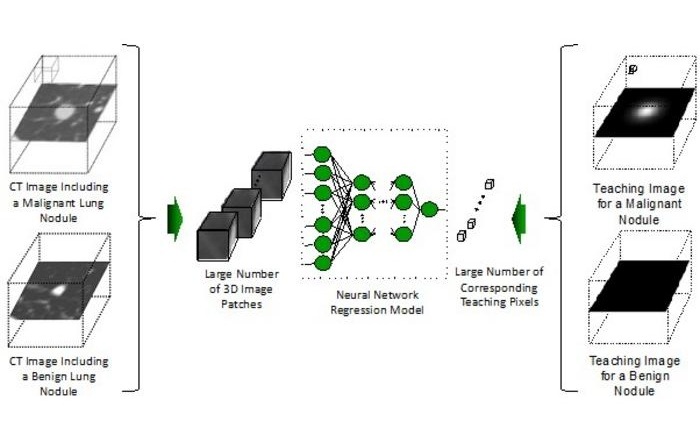
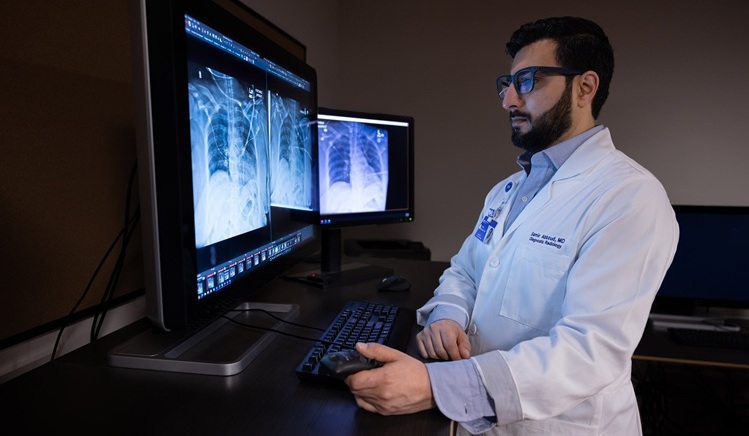



.jpeg)




